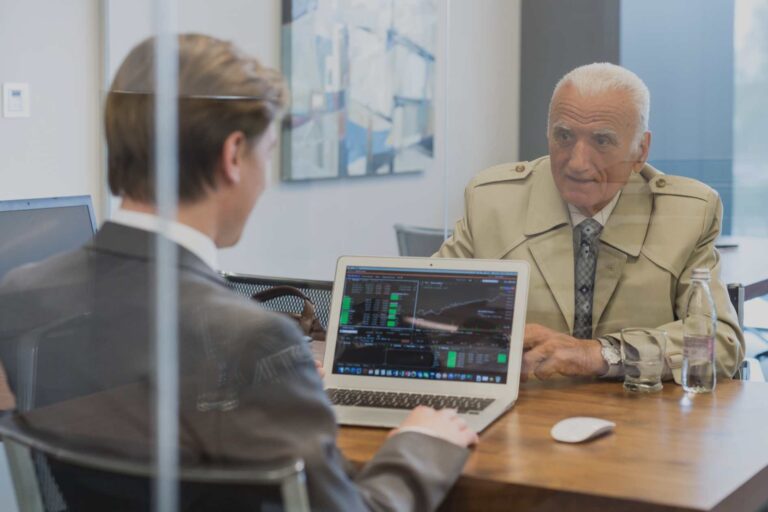Secure Your Savings with Secure Our Savings
your trusted partner in securing your financial future
As leading financial advisors in Sydney, we specialize in providing expert guidance and tailored solutions to help you achieve your retirement goals.
About Secure Our Savings
At Secure Our Savings, we are driven by a singular mission: to empower our clients to achieve financial security and prosperity. With a focus on integrity, expertise, and personalized service, we have become a trusted partner for individuals and families seeking to navigate the complexities of wealth management and retirement planning tips.


Our Commitment to Excellence
Founded in Sydney, Australia, Secure Our Savings is built on a foundation of excellence. Our team consists of some of the best financial advisors in the industry, each bringing a wealth of experience and specialized expertise to the table. Whether you’re planning for retirement, maximizing your superannuation, or seeking comprehensive financial guidance, we are dedicated to delivering exceptional results tailored to your unique needs and goals.
Our Services at Secure Our Savings
At Secure Our Savings, we offer a comprehensive range of services tailored to meet your unique financial needs and goals. With a focus on expertise, integrity, and personalized service, we are committed to helping you achieve financial security and prosperity. Explore our services below:
Retirement Planning
Plan for a secure and fulfilling retirement with the guidance of our experienced retirement planners. We’ll work closely with you to develop a personalized retirement strategy that aligns with your goals, lifestyle preferences, and risk tolerance. From retirement income planning to investment management, we’ll help you navigate the complexities of retirement planning with confidence.
Wealth Management
Grow and protect your wealth with our comprehensive wealth management services. Our team of best financial advisors will work closely with you to develop a customized investment strategy tailored to your unique financial situation and objectives. From wealth accumulation to preservation and transfer, we’ll help you navigate the complexities of wealth management with confidence.
Superannuation Optimization
Maximize your superannuation savings with the assistance of our Australia superannuation advisors. Whether you’re consolidating funds, selecting investment options, or planning for retirement, we’ll provide expert guidance to help you make the most of your super. Our goal is to help you build a strong foundation for your retirement years and achieve financial independence.
Financial Planning
Take control of your financial future with our comprehensive financial planning services. Whether you’re saving for a major purchase, planning for your children’s education, or preparing for retirement, we’ll help you develop a personalized financial plan designed to achieve your short-term and long-term goals. Our financial advisors will provide expert guidance and support every step of the way.
Our Blogs
Estate Planning Advisor Recommended by a Sydney Financial Advisor
Effective Risk Management Strategies from a Financial Advisor Sydney
Empowering Your Financial Future through Superannuation
Comprehensive Guide to Your Super: From Basics to Beyond
Meet the Team at Secure Our Savings
At Secure Our Savings, our team is comprised of experienced professionals dedicated to helping you achieve your financial goals. Get to know the experts who will guide you on your journey to financial security:


Testimonial
What They Say
Contact Us
Thank you for your interest in Secure Our Savings. We look forward to assisting you with your financial needs and helping you achieve your goals. Please feel free to reach out to us using the contact information below:





